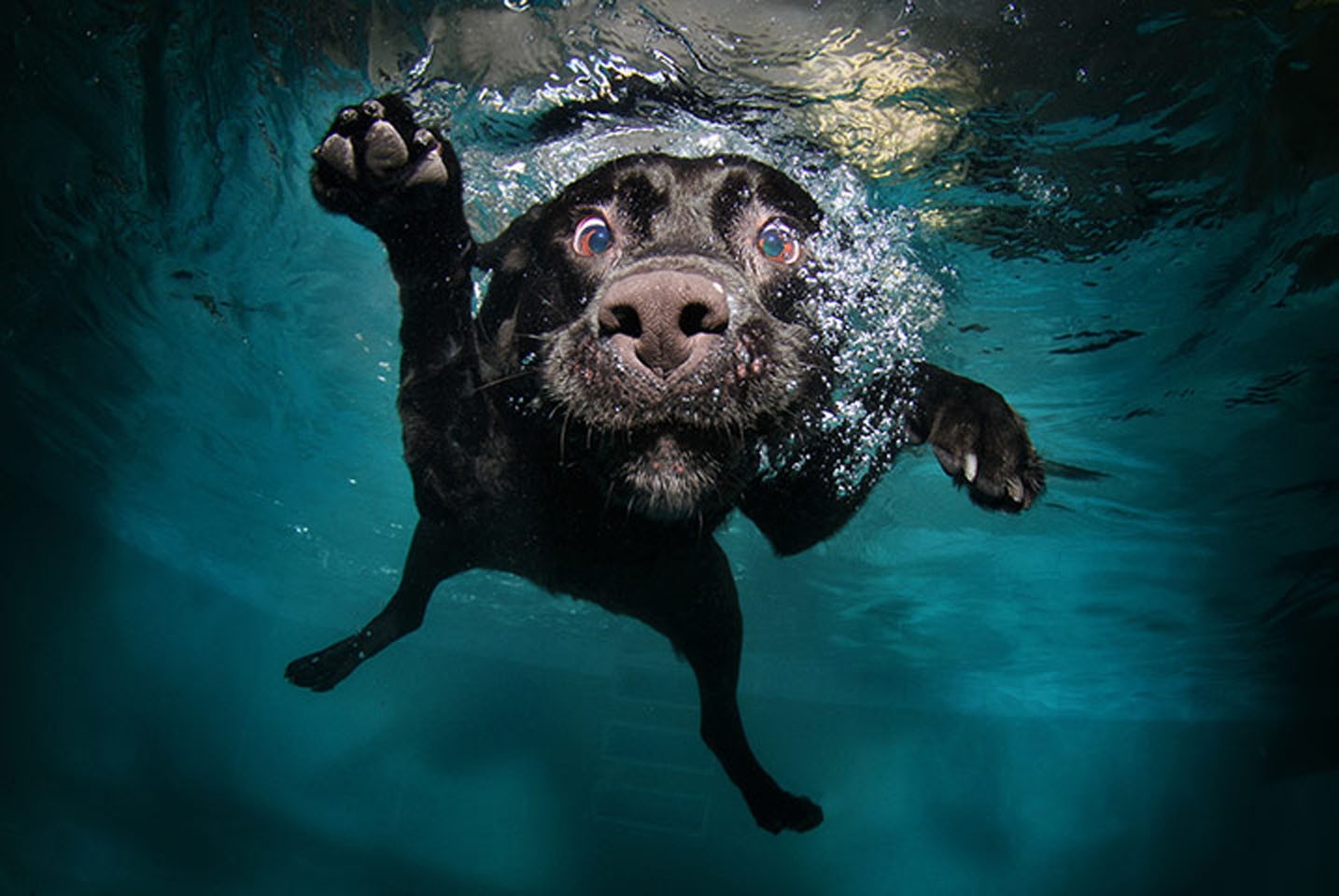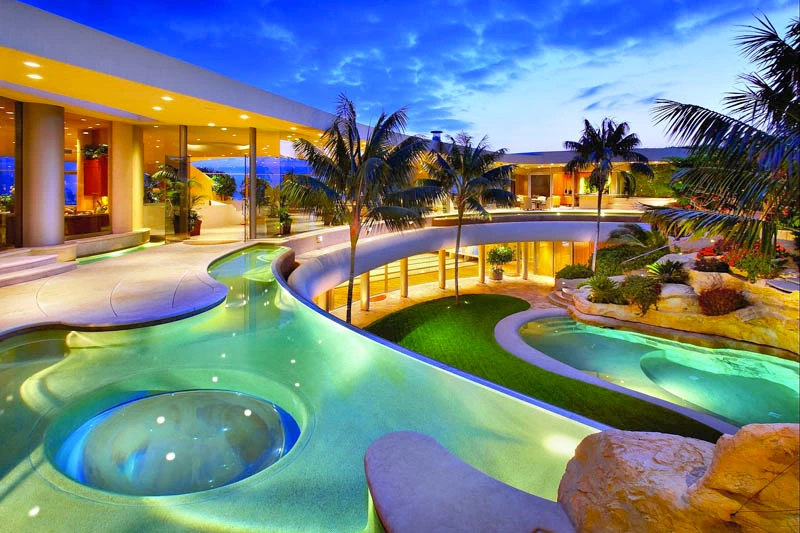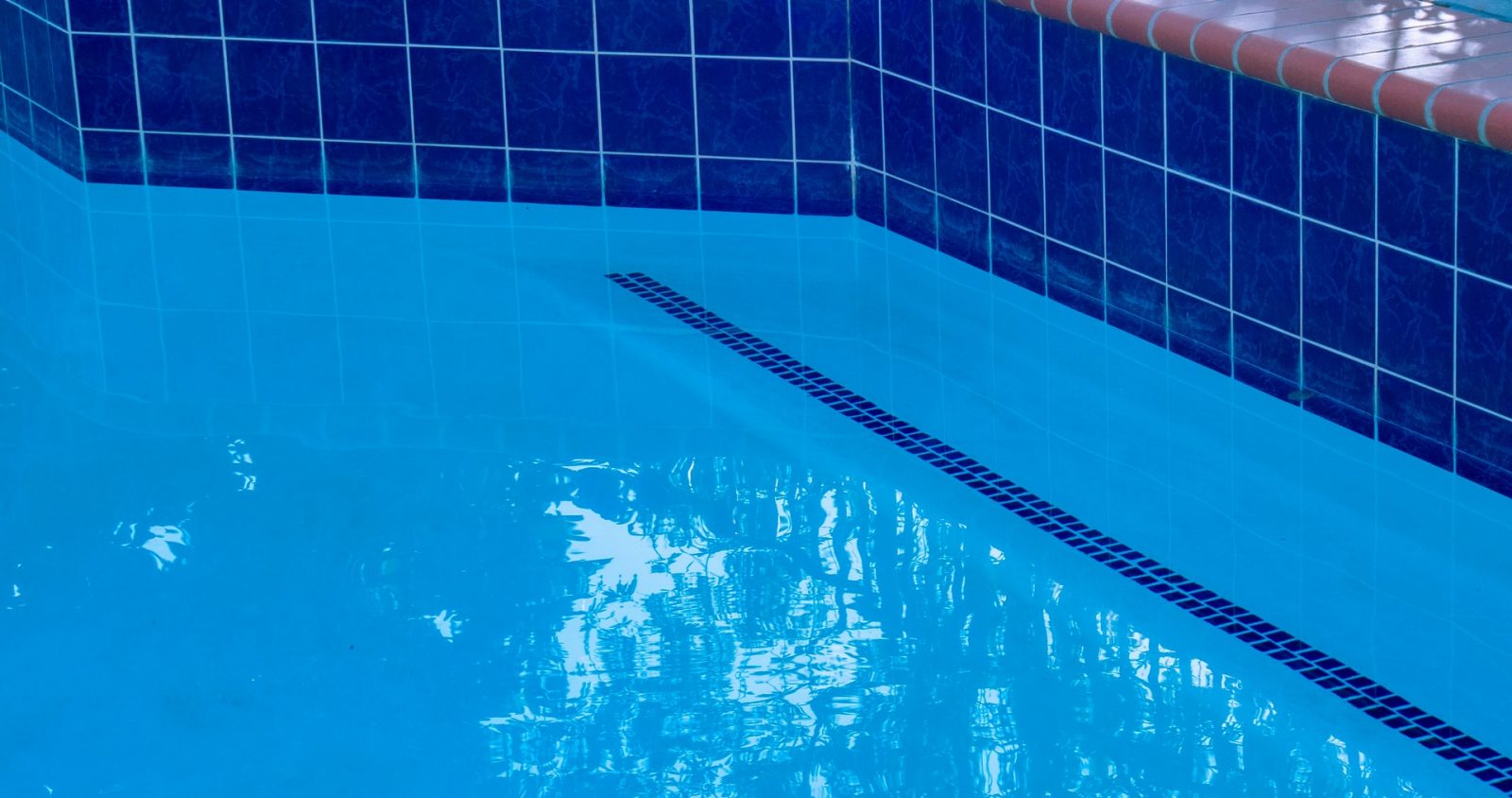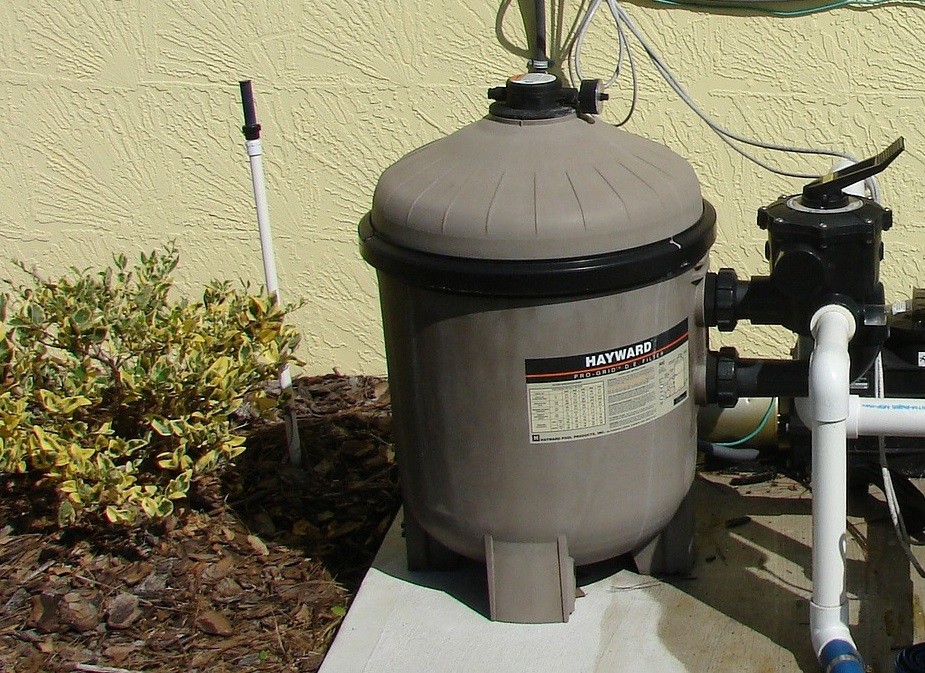There are so many swimming pool myths you can hear. Some might be half true, and most aren’t true at all. Because we have heard a lot of myths surrounding swimming pools, we took the time to do some research.
Indeed, as we scour through the internet, many people lose interest or reduce the fun they are experiencing when swimming because of these swimming pool myths. And to help you bring back the excitement you had about swimming pools, here are the common swimming pool myths to see if it is true or not.
The Pool Has Too Much Chlorine Because You Can Smell It
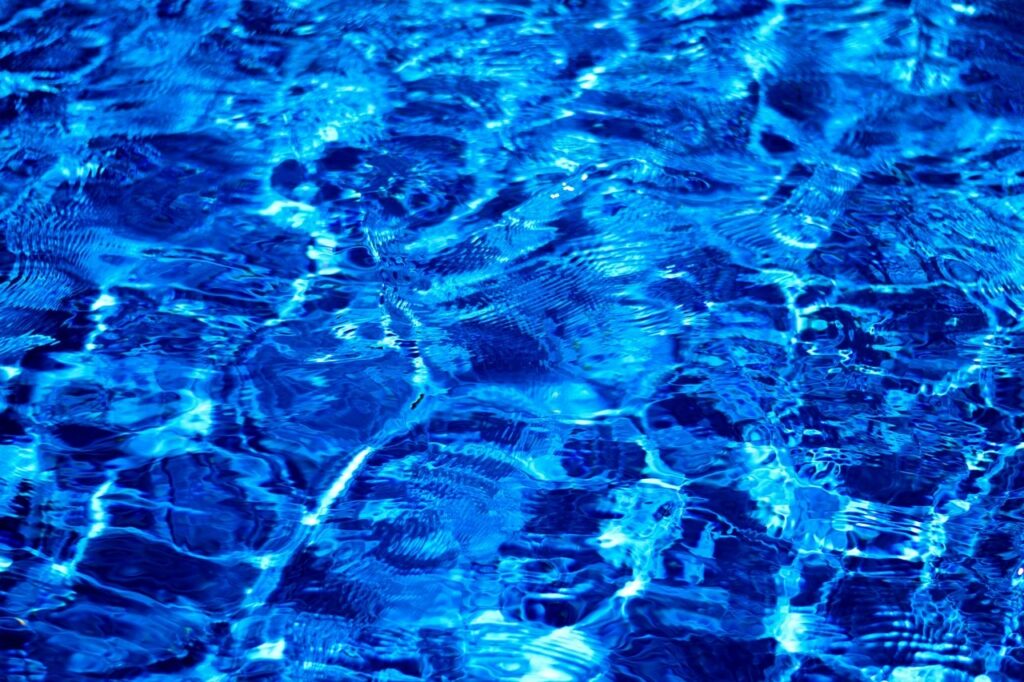
The number one myth that caught my attention as I did the research is that people do not swim in swimming pools when they can smell the chlorine. This is because they thought the water had a lot of chlorine, and they were afraid it would be unhealthy for them.
There is no truth behind this myth. It is the complete opposite. As per swimming pool chemical chemistry, if you smell the chlorine from the pool, the pool water is losing chlorine.
Chlorine is added to the swimming pool to help get rid of bacteria present in the pool water. Then the chlorine is attached to these bacterias and creates chloramines. During a pool shock, the chloramines will transform into oxygen which then gets released into the air.
When this happens, this is the time that you can smell the chlorine when they are in the air and not in the water. When you smell the chlorine in the air, it is attached to the bacteria and gets released into the air, and the water now has low chlorine content.
Saltwater Pool Has No Chlorine
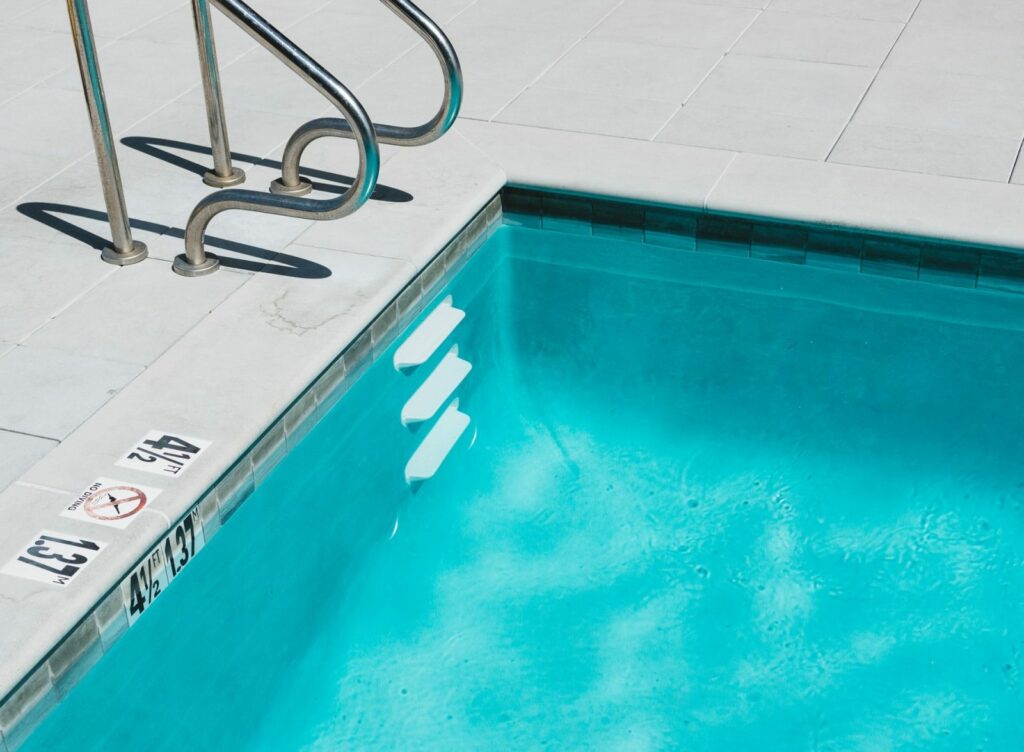
Many people think that saltwater pools do not have chlorine in them. However, chlorine is an important chemical used to make your pool water safe to use. Without chlorine, there will be nothing to kill bacterias and algae in your swimming pool.
Not because saltwater pool only needs salt to sanitize and not chlorine does not mean it does not consist of chlorine. The salt in your pool water is the one that generates chlorine through a process called electrolysis.
Electrolysis happens when the electricity sent through the saltwater interacts with the chloride ion on the salt itself. And this process creates chlorine which then sanitizes your swimming pool by killing bacteria and algae.
It’s Okay to Pee in the Pool
Okay, so let us talk about the myth about peeing in the pool. Peeing in the pool is disgusting and disrespectful to the pool owner and other people using it. However, many say that it is okay to pee in the pool since chlorine will kill it.
Although chlorine kills bacteria present in the pool water, it produces a bad reaction when it is mixed with urine. As a result, this reaction will cause a negative impact on our circulatory, nervous and respiratory systems.
So, it is best to avoid peeing in the pool not only because it is unhygienic, but it can also be dangerous to your health.
Peeing in the Pool Will Turn It Blue
Another urine pool myth that is worth talking about is the urine-detector dye. This might be the greatest swimming pool myth of all time, where most parents tell their children to scare them from peeing on swimming pools.
The myth says that this chemical is added into the pool water, which turns blue when it comes in contact with urine. Although a chemical like this sounds useful for swimming pools, unfortunately, it is all just a myth.
As of writing, there are no available chemicals in the market that can detect urine in the pool water by changing its color to Blue. Now that you know there is no such thing as a urine-detector dye for swimming pools, then you should fear peeing in the swimming pool.
However, it would be best if you remembered that it is disgusting and unhygienic. It is like swimming in your pee, and nobody likes that.
Chlorine Hurts Your Eye
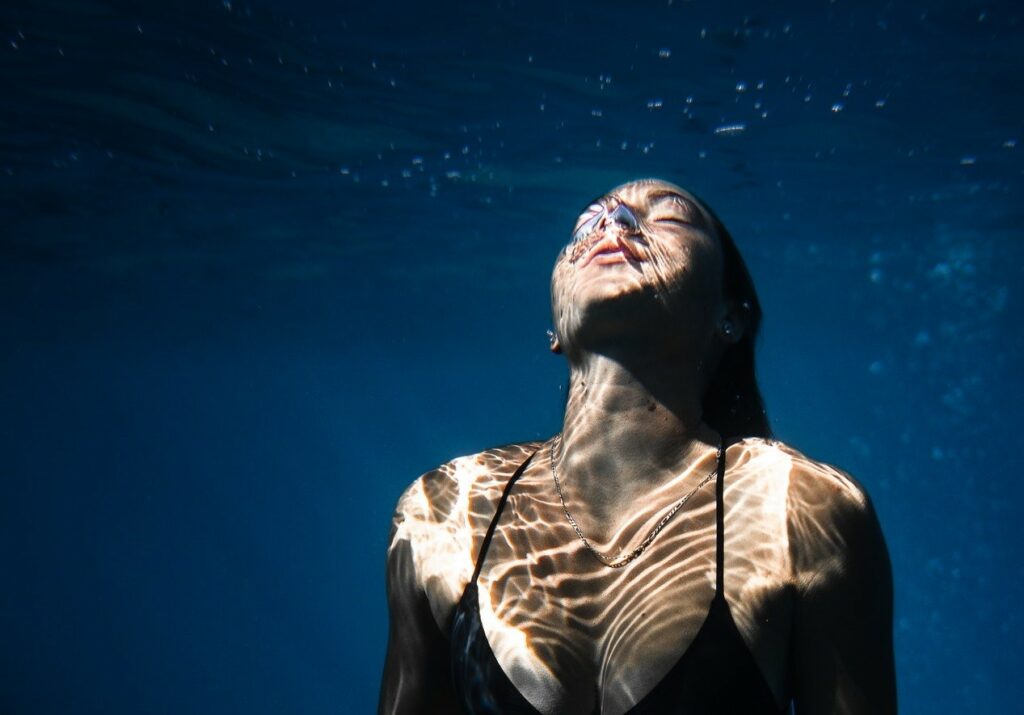
You might have already heard someone say not to open your eyes underwater as chlorine might irritate it. This is a huge myth. Although indeed, you can sometimes hurt or irritate your eyes if you open them underwater. However, it is not because of chlorine.
The reason why your eyes are burning if you open them underwater is because of the unbalanced pH level of your pool water. This is one of the reasons why it is important to maintain a good and healthy pH level in swimming pools.
Understanding the right chemical balance is important to provide the best swimming environment for you and your family. A burning eye is not caused by chlorine. It is caused by neglect in making sure your pool has the right chemical balance before using it.
Don’t Swim Right After You Eat
Swimming and eating often come together. When you swim, you will feel hungry. This is why it would be best to have a lot of food if you organize a pool party at home. However, many say that it is not advisable to swim right after you eat.
Is this true? Unfortunately, it may have a little truth about it. Swimming right after eating can cause muscle cramps which can be dangerous when you are in the water. The reason behind this is that when your stomach is digesting the food you eat, more blood will be directed to your stomach than your muscles.
This is because blood aids the stomach in digesting all the food you consume. And when your muscles do not have enough blood flow, it will result in cramps. The best way to get around this myth is to eat less and more of a light meal before swimming. This way, you will never have to wait for an hour before jumping into the water.
Be Wise and Do Your Research
Anyone can claim anything. But as a responsible person, you have to be wise and do not believe in everything you hear. This is true especially when it comes to swimming pool myths. Do your research, or try it yourself to know whether what you hear is true or just a myth.

